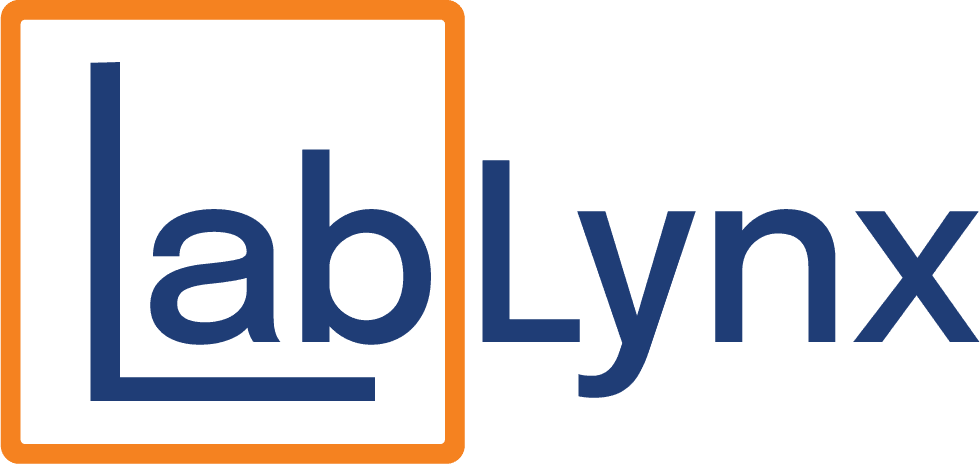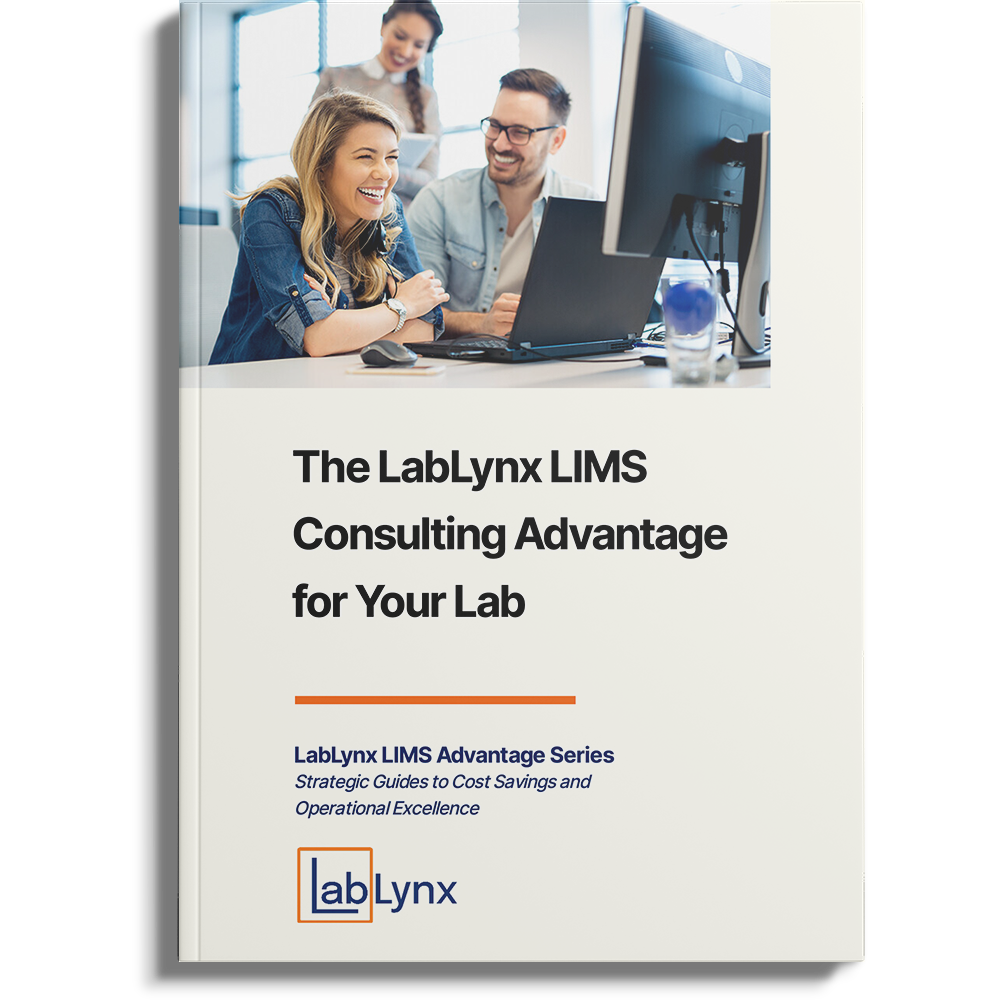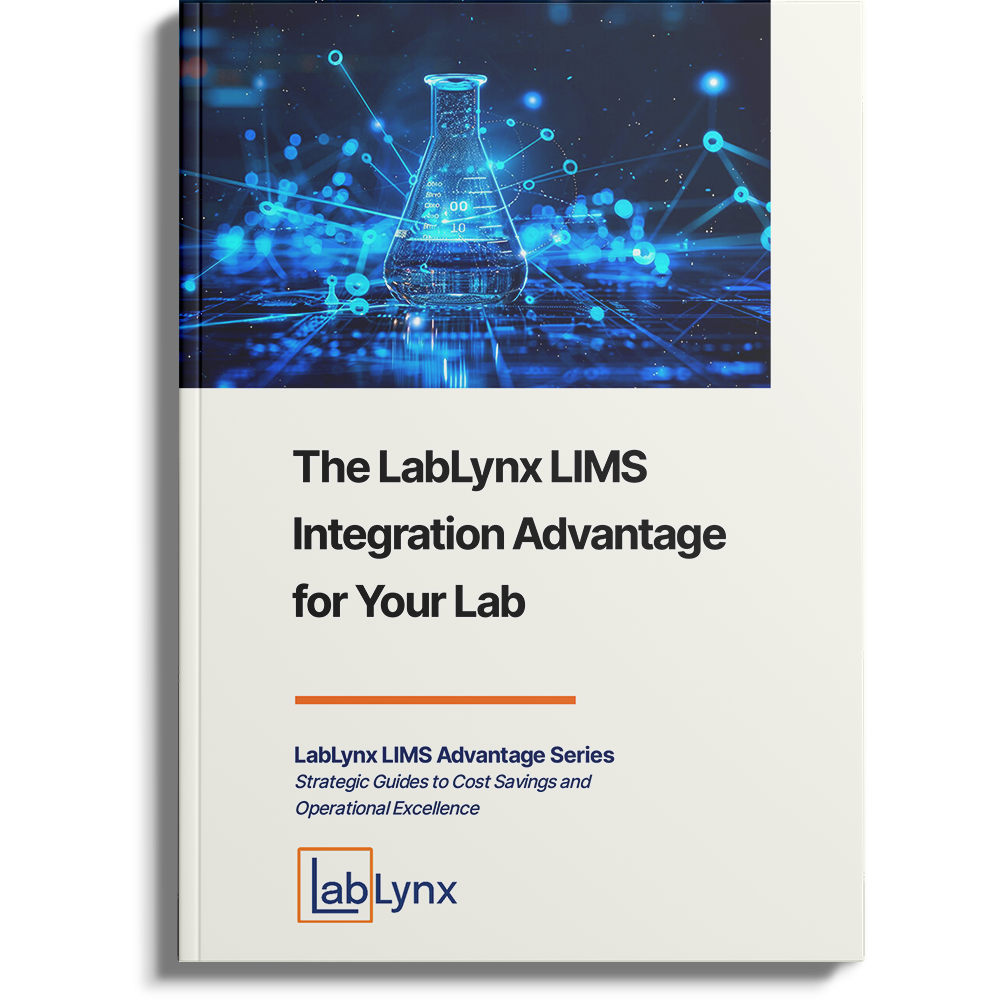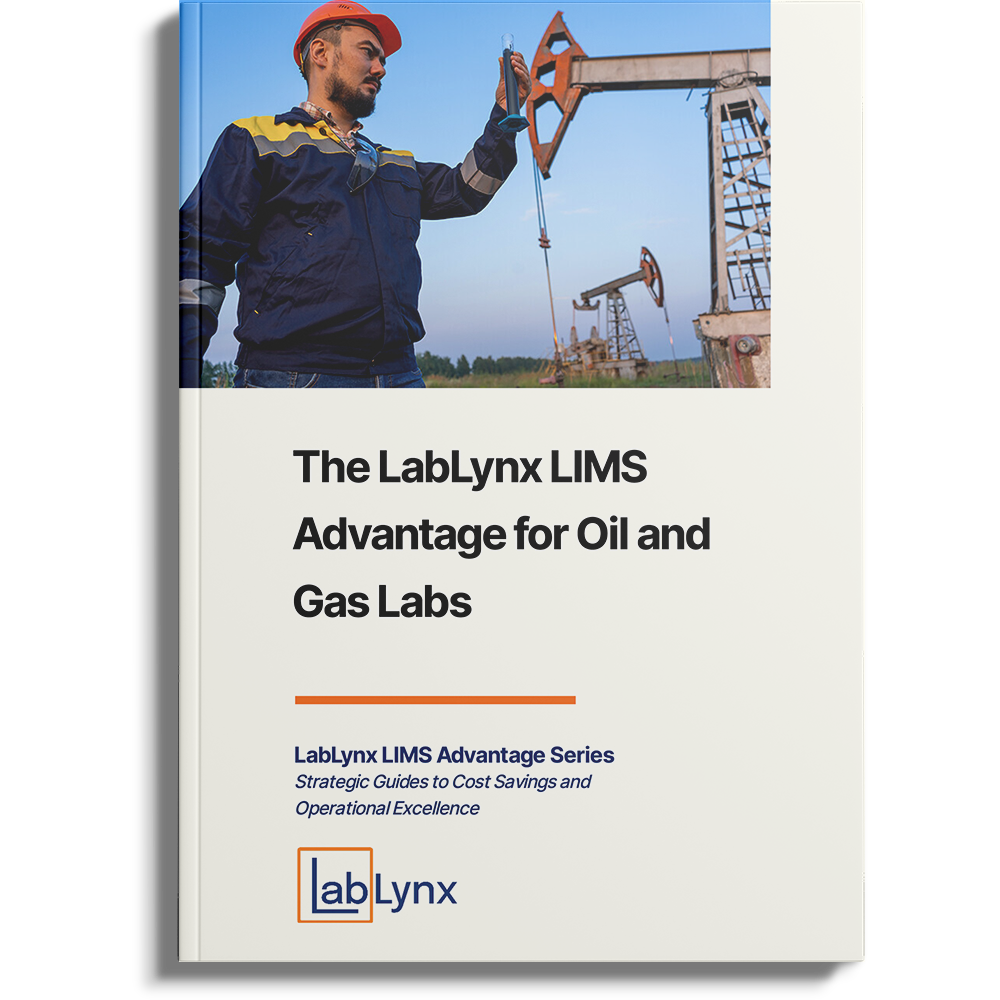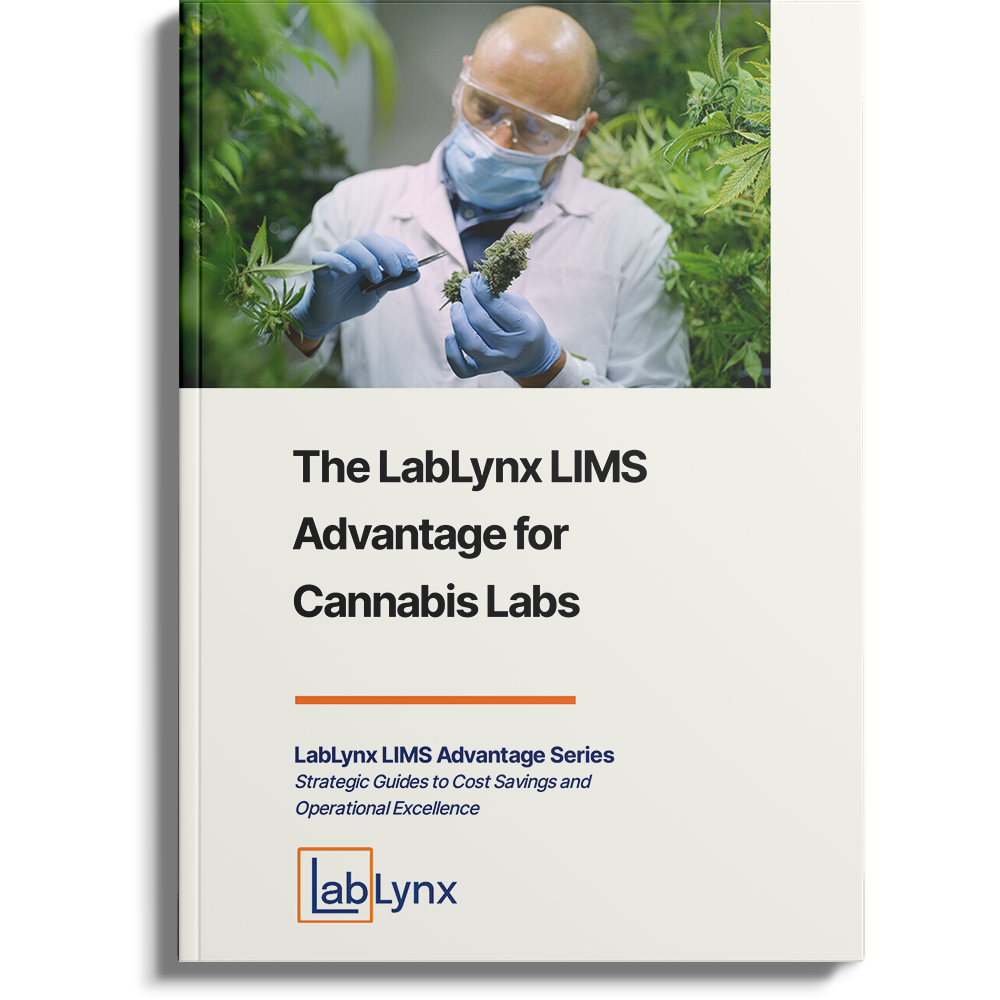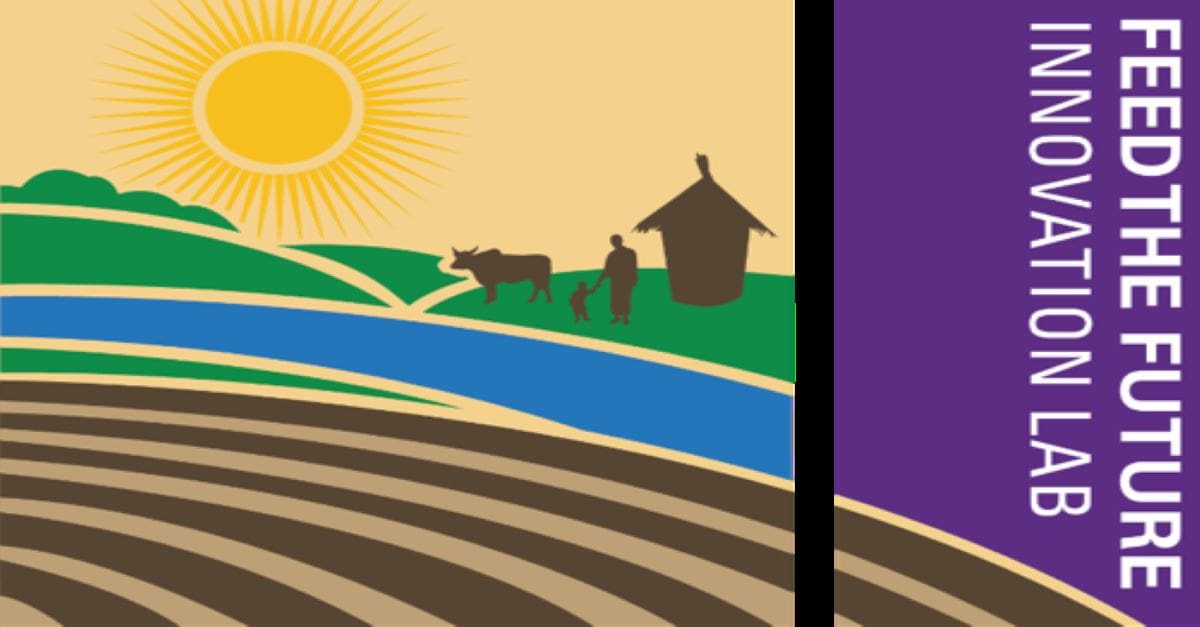
In 2010, the United States Department of State launched the Feed the Future Initiative. Coordinated by the US Agency for International Development (USAID), the objectives were clear: advance global agricultural development, increase food production and security, and improve nutrition in vulnerable populations.
Since the launch of the program over a decade ago, Feed the Future has developed a network of top US universities and global research and educational institutions to create Feed the Future Innovation Labs. These specialized labs are tackling some of the world’s greatest challenges in agriculture and food security, from developing aquaculture and climate-resistant crops to improving pest management methods and animal health.
Below are some of the current university-led projects and their impact.
University of Georgia: Feed the Future Innovation Lab for Peanuts
Did you know that a handful of peanuts have as much protein as two chicken eggs?1 For many African countries, a successful peanut crop is key to providing their communities with a nutritious food source and financial stability.
Since Georgia is a leader in peanut production in the US, it made sense to select the experts in peanut agronomy from the University of Georgia to lead the Peanut Innovation Lab team. For the last several years, the Peanut Innovation Lab has been working to create new resilient varieties of peanut plants, study how peanut consumption helps kids perform better at school, and offer solutions to make global farmers more successful on their peanut farms.
A new fast-maturing peanut plant variety is helping farmers in Malawi who struggle with a short rainy season. A fortified peanut paste is not only feeding children of Ghana but also helping them do better on cognitive tests. And by identifying for the first time through genetics studies the natural plant resistance to groundnut rosette disease, farms in Sub-Saharan Africa will be able to fight the viral disease that once destroyed entire peanut crops.2
Kansas State University: Feed the Future Innovation Lab for Collaborative Research on Sorghum and Millet
Sorghum, a cereal grain that grows tall like corn, and millet, small and round grains grown on grasses, represent 70% of the caloric intake among vulnerable populations in the Sahel region of Africa.3
Kansas State University leads the Feed the Future Innovation Lab for Collaborative Research on Sorghum and Millet, known as the Sorghum and Millet Innovation Lab (SMIL), which focuses its research and development on plant breeding and production systems for small farmers and women entrepreneurs throughout Africa.
The latest award from the USAID will allow the KSU lab to focus on sorghum crop production in Madagascar, the African island nation that has seen extreme drought leave more than one million people at high risk for malnutrition and poverty. The research will center on diversifying existing farming systems and adding value to sorghum production by incorporating it into livestock feed, opening another market to generate income from the crop.4
Washington State University: Feed the Future Innovation Lab for Animal Health
East Coast Fever (ECF), also known as theileriosis, is a cattle disease prevalent in 12 African countries that impacts approximately 20 million livestock holders and kills at least one million cattle per year.5 The disease is caused by a protozoan parasite and spreads through ticks.
Washington State University leads the Feed the Future Animal Health Innovation Lab, and with a grant from USAID it will develop the Allen School’s Global Health-Kenya lab. The lab will collaborate with scientists from the University of Nairobi and Kenya Medical Research Institute to address livestock diseases, particularly ECF.
The new lab will work to improve ECF vaccines, deploy animal health interventions, and train the next generation of animal health scientists in East Africa, where the loss of even a small group of animals can devastate an entire community. Protecting the region’s livestock from diseases will increase cattle reproduction, provide food security and nutrition, and improve income and welfare.
University of Illinois Urbana-Champaign: Feed the Future Innovation Lab for Soybean Value Chain Research
Soybeans are the fasting growing broad land crop of the past two decades, yet less than one percent of soybean production comes from Africa.6 Soybeans are high in protein and micronutrients, making them an excellent option to improve health in malnourished populations.
The University of Illinois Urbana-Champaign leads the Soybean Innovation Lab (SIL), whose mission is to advance soybean production in Africa. If soybean production could be increased in countries throughout Africa, it could mean upwards of $85 million to a country’s economy and nearly 5,000 new jobs.6
The SIL has already deployed 27 new climate-friendly varieties of soybean plants in Africa and established Smart Farms in five countries to monitor crop production to provide significant data and recommendations to improve yield. The scientists and engineers have also developed a multi-crop thresher that prevents nearly all crop loss during harvest, and they have trained over 200 fabricators in Africa to reproduce the equipment.7
Penn State University: Feed the Future Innovation Lab for Current and Emerging Threats to Crops
One of the newer university-led laboratories established by Feed the Future is the Lab for Current and Emerging Threats to Crops, which was granted approval in November 2021. The lab team will be focused on research and the development of novel approaches to combat threats to crops in East and Southern Africa, West Africa, Central America, and Asia.8
The first project the lab is tasked with is to test the effectiveness of pest management strategies on maize using environmentally friendly methods like parasitoid wasps to combat fall armyworm, bio-herbicides to control the Striga weed, and intercropping techniques to improve crop health. This strategy will be rolled out to 1,000 farms in 10 countries as a means of quickly addressing pest and disease problems without the use of expensive and damaging pesticides.9
Expansion of the Feed the Future Initiative
In August 2022, President Biden announced the expansion of Feed the Future at the G7 Leaders’ Summit in Germany. The program extends the global footprint from 12 to 20 targeted countries, including the addition of Congo, Liberia, Madagascar, Malawi, Mozambique, Rwanda, Tanzania, and Zambia.
Feed the future will focus on four major lines of effort: mitigating the global fertilizer shortage, increasing investments in agricultural capacity and resilience, cushioning the macroeconomic shock and impact on poor people, and sustaining high-level global political engagement.10
Note from LabLynx
LabLynx supports the efforts of the Feed the Future Innovation labs, as well as all university and private agriculture laboratories around the world developing new techniques and conducting vital research to ensure future food security and quality nutrition for the planet. For more information on how LabLynx could provide vital laboratory informatics solutions for your agriculture lab to achieve higher efficiency and productivity, please contact sales@lablynx.com or visit our website at LabLynx.com.
References
1 https://ftfpeanutlab.caes.uga.edu/
2 https://www.thegeorgiavirtue.com/georgia-news/innovation-lab-uses-power-of-peanuts-to-fight-hunger/
3 https://smil.k-state.edu/
4 https://www.ksal.com/innovation-lab-lands-750k/
5 https://news.wsu.edu/press-release/2020/09/17/usaid-feed-future-awards-wsu-6-million-animal-health-innovation-lab/
6 https://youtu.be/AOD1PJutB7k
7 https://www.soybeaninnovationlab.illinois.edu/
8 https://plantvillage.psu.edu/cetcil
9 https://www.psu.edu/news/story/penn-state-awarded-nearly-39m-global-research-threats-crops/
10 https://cd.usembassy.gov/president-biden-announces-expansion-of-feed-the-future-in-response-to-the-growing-global-food-security-crisis/
